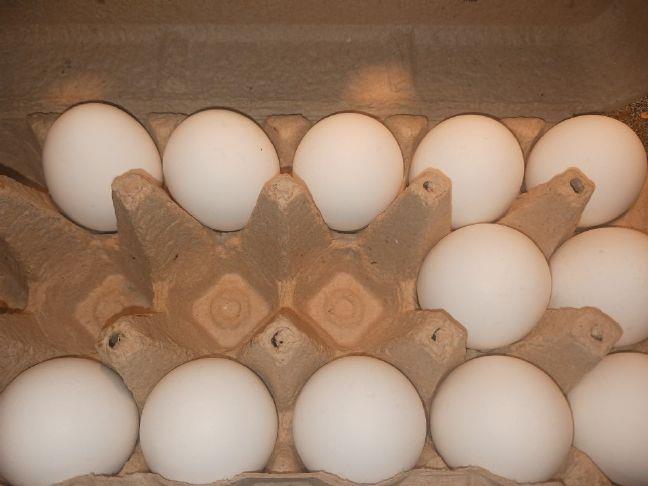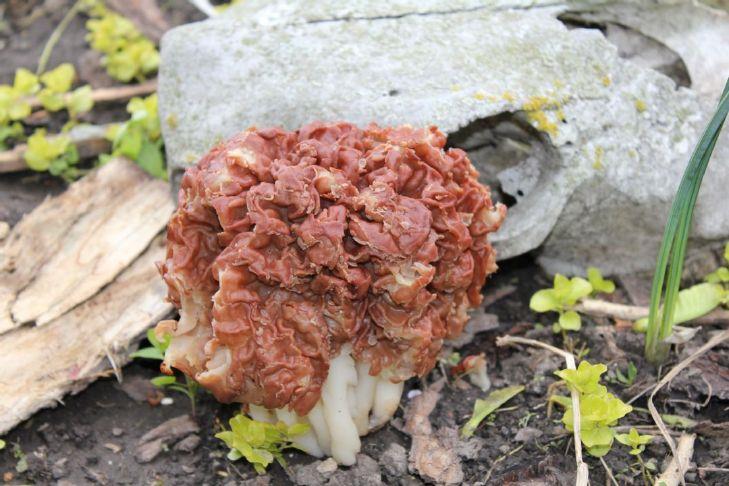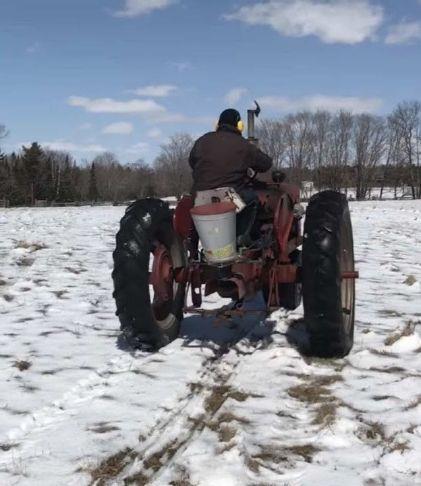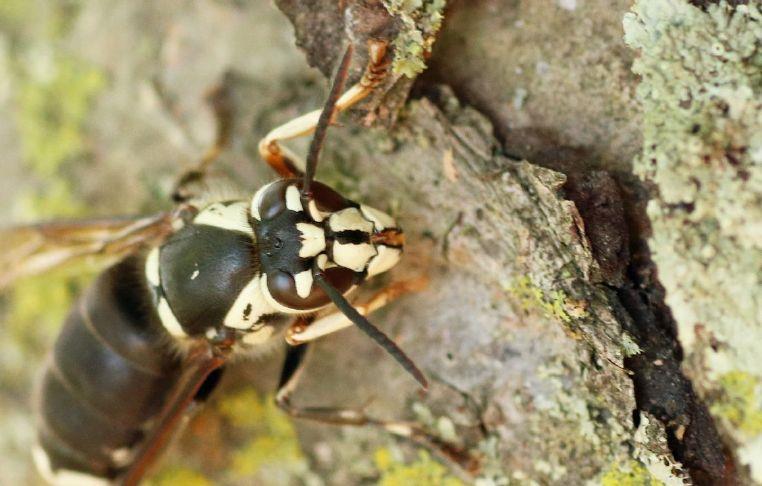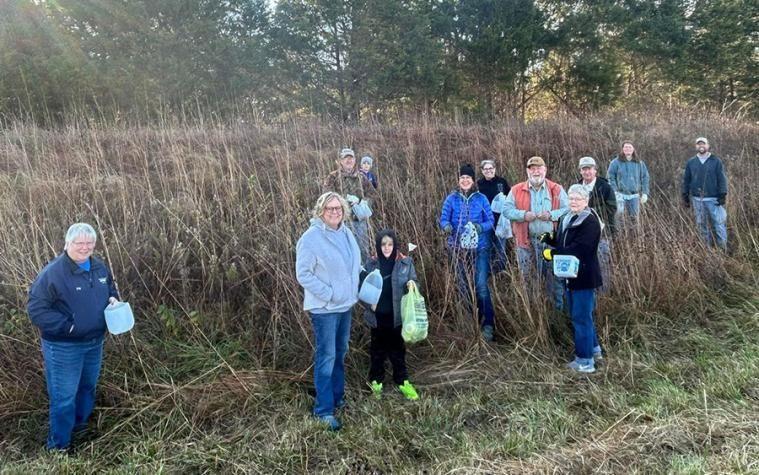Timing, flexibility key to grazing tall fescue spring flush
Proper management of the spring flush of tall fescue gives pastures and cattle a head start for the rest of the grazing season, said University of Missouri Extension state forage specialist Harley Naumann.Spring flush occurs when conditions are right for cool-season grasses to come out of their dormant state. This happens when soils warm to 55-65 degrees Fahrenheit, typically late April to early May in northern Missouri.


